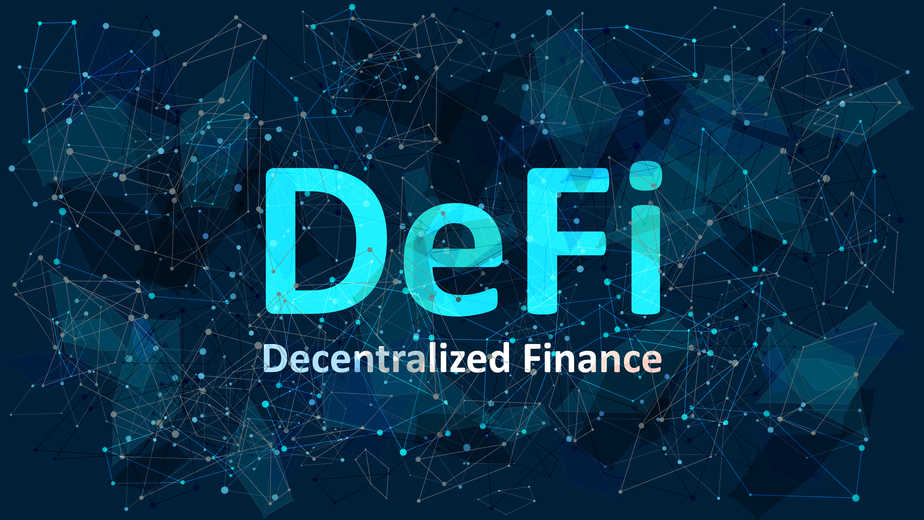What Is Block Chain :
Blockchain is a decentralized and transparent digital ledger technology that securely records and verifies transactions across multiple computers or nodes in a network. It consists of a chain of blocks, where each block contains a list of transactions. These blocks are linked together using cryptographic hashes, creating an immutable and tamper-resistant record of all transactions.
Introduction:
Blockchain technology and cryptocurrency have revolutionized the way we perceive and interact with digital assets. In this blog, we will delve into the fundamental concepts of blockchain, explore decentralized finance (DeFi), demystify Non-Fungible Tokens (NFTs), and discuss the future potential of digital currencies.
1. Blockchain Technology:
Blockchain serves as the underlying technology behind cryptocurrencies, offering a decentralized and immutable ledger system. It operates through a network of computers that validate, record, and secure transactions, creating a transparent and tamper-resistant database. The key features of blockchain include decentralization, transparency, security, and efficiency, making it a reliable and efficient solution for various industries beyond finance.
2. Decentralized Finance (DeFi):
DeFi represents a paradigm shift in traditional financial systems, enabling peer-to-peer transactions, lending, borrowing, and other financial services without intermediaries. Built on blockchain networks, DeFi platforms eliminate the need for traditional banks and intermediaries, reducing costs and increasing accessibility. DeFi applications offer users greater control over their assets, higher interest rates, and the ability to participate in complex financial activities like yield farming and liquidity provision.
3. Non-Fungible Tokens (NFTs):
NFTs have gained significant attention for their role in digitizing ownership and unique assets. Unlike cryptocurrencies, which are fungible and interchangeable, NFTs are indivisible and represent ownership of a specific digital item or piece of content. They enable artists, creators, and collectors to authenticate and trade digital assets such as art, music, virtual real estate, and more. NFTs leverage blockchain's immutability to guarantee provenance and scarcity, creating new opportunities for monetizing digital creations.
4. The Future of Digital Currencies:
Digital currencies, including cryptocurrencies issued by central banks (CBDCs), are rapidly shaping the future of finance. With increased adoption and regulatory clarity, digital currencies have the potential to provide financial inclusion, improve cross-border transactions, and reduce costs associated with traditional banking systems. Additionally, the integration of blockchain and smart contract technology may revolutionize supply chain management, voting systems, and asset tokenization, further expanding the applications of digital currencies.
Conclusion:
Blockchain technology, accompanied by cryptocurrencies, DeFi, and NFTs, is transforming industries and offering novel opportunities for individuals and businesses alike. As blockchain technology continues to mature, it will catalyze innovation, reshape traditional systems, and foster a more decentralized and transparent future. Embracing these advancements opens doors to new economic models, ownership structures, and creative possibilities, laying the groundwork for a digitally interconnected world.








0 Comments